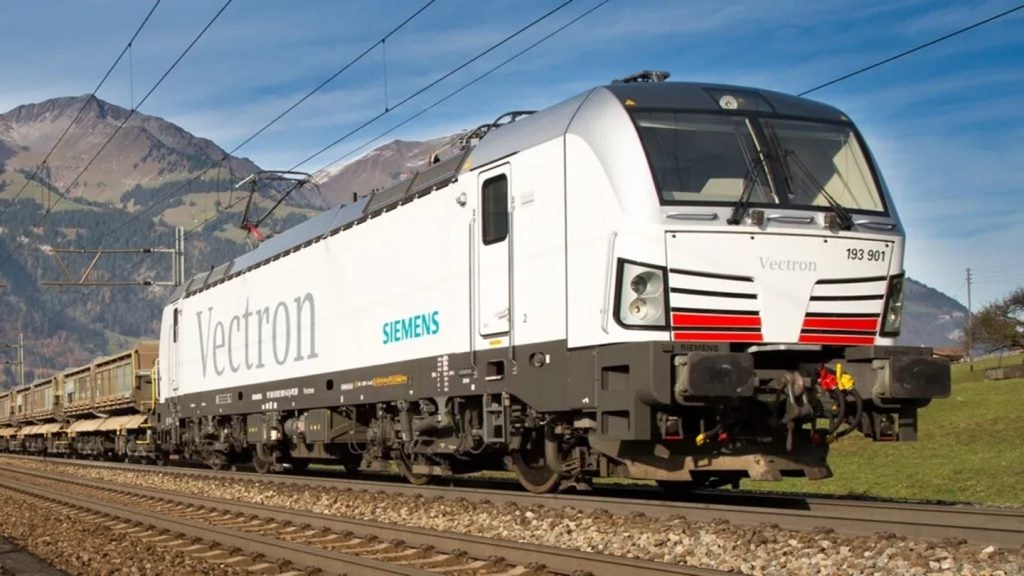A new study released by Canada Minister of Transport estimates that the construction of a high-speed rail line between Québec City and Windsor, Ontario, in Canada could cost more than $21.3bn.
The Canadian Government commissioned the feasibility study for a1,300km rail line passing through the country’s capital and two largest cities Toronto and Montreal.
The study, funded by the governments of Canada, Québec and Ontario, assessed high-speed train technologies, potential routes, traffic forecasts and cost-benefit analyses.
The study also evaluated socioeconomic, environmental and transportation system impacts of high-speed rail.
The study focused on two technologies, based on speeds of 200km/h using diesel traction and 300km/h using electric traction.
The total estimated cost of the project in 2009 dollars cost was $18.9bn for the slower diesel option and $21.3bn for the high-speed rail technology.
How well do you really know your competitors?
Access the most comprehensive Company Profiles on the market, powered by GlobalData. Save hours of research. Gain competitive edge.

Thank you!
Your download email will arrive shortly
Not ready to buy yet? Download a free sample
We are confident about the unique quality of our Company Profiles. However, we want you to make the most beneficial decision for your business, so we offer a free sample that you can download by submitting the below form
By GlobalDataThe study says the busiest section, Montreal-Ottawa-Toronto, will cost $9.1-11bn alone.
If the trains run at 300km/h using electric traction, it will reduce the travel time between Ottawa and Montreal from two hours to one, and arrive only 15 minutes later than a flight, while it will take 1.5 hours from Ottawa to Toronto compared with the current 4.5 hours.
The study was conducted by EcoTrain, a group of international consulting firms led by Dessau and comprising Deutsche Bahn International, KPMG, MMM Group and Wilbur Smith Associates.







